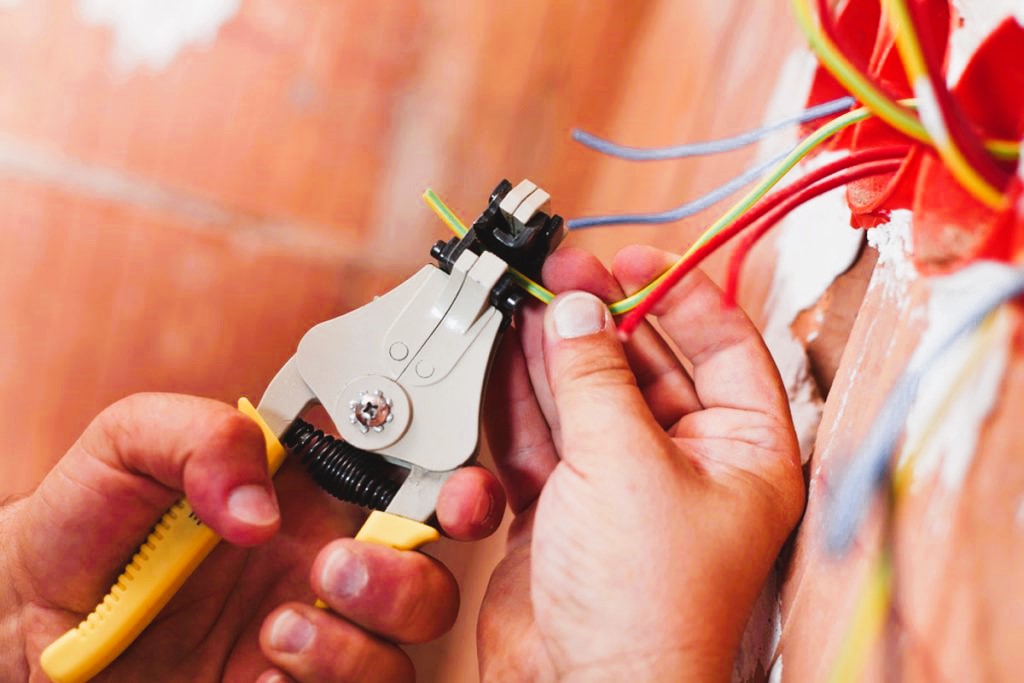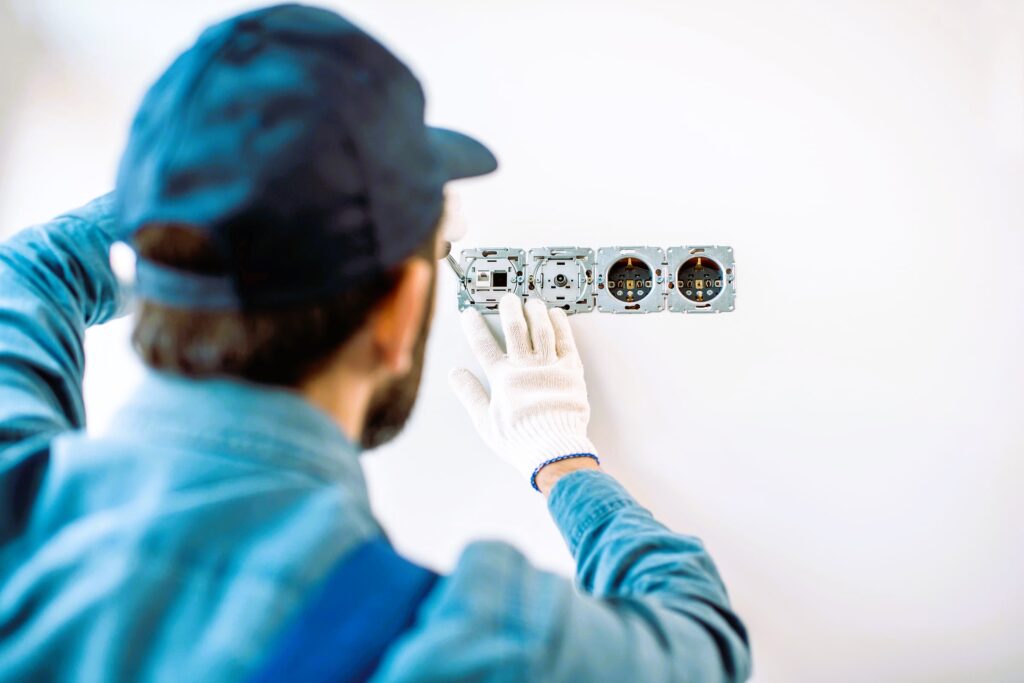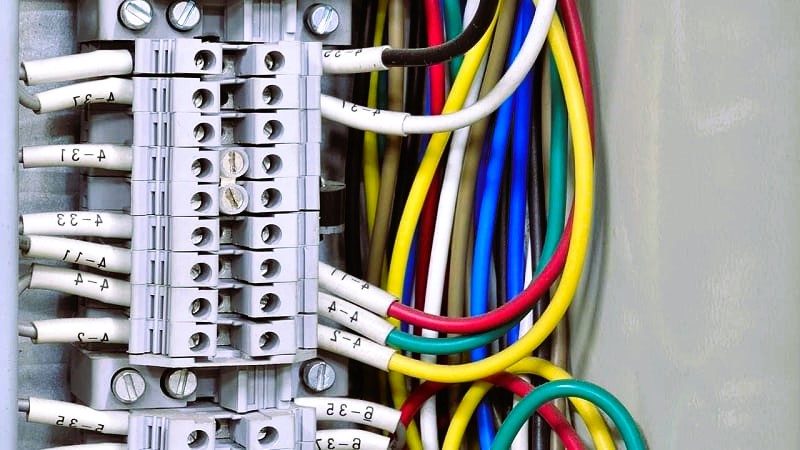When it comes to electrical wiring projects in your home, you may find yourself debating between doing it yourself (DIY) or hiring a professional electrician. While DIY projects can be satisfying and potentially cost-effective, electrical work requires a high level of knowledge, skill, and adherence to safety standards. In this article, we will explore the pros and cons of DIY electrical wiring versus hiring a professional, helping you make an informed decision for your specific needs.
DIY Electrical Wiring:
Pros:
- Cost Savings: One of the primary reasons homeowners consider DIY electrical wiring is the potential cost savings. By doing the work yourself, you can avoid paying labor costs associated with hiring a professional electrician. However, it is important to weigh this against the potential risks and additional expenses that may arise from mistakes or code violations.
- Personal Satisfaction: Successfully completing a DIY electrical wiring project can provide a sense of personal accomplishment. It allows you to take full control over the project and make decisions according to your preferences. DIY projects can be a great way to learn new skills and gain hands-on experience with electrical work.

Cons:
- Safety Risks: Electrical work can be hazardous, especially for individuals without proper training and experience. Working with live electrical circuits and wiring without adequate knowledge can lead to electric shocks, fires, or other serious accidents. DIY electrical work also increases the risk of improper installations that can cause future problems or compromise the safety of your home.
- Legal Compliance: Electrical work is subject to strict codes and regulations that vary by jurisdiction. DIY electrical projects must comply with these standards to ensure the safety of occupants and prevent potential legal issues. Failure to meet code requirements can result in fines, insurance complications, or difficulties when selling your home.
- Lack of Expertise: Professional electricians undergo extensive training and have in-depth knowledge of electrical systems. They can quickly diagnose problems, offer expert advice, and provide efficient solutions. DIY electrical work may lack the same level of expertise, leading to subpar installations or the inability to troubleshoot complex issues.
Hiring a Professional Electrician:
Pros:
- Safety and Quality Assurance: Professional electricians have the necessary training, expertise, and experience to perform electrical work safely and efficiently. They follow industry best practices and adhere to local electrical codes, ensuring that installations are done correctly and up to standard. Hiring a professional electrician minimizes the risk of accidents, electrical faults, and safety hazards.
- Time and Efficiency: Electricians are equipped with the tools and knowledge to complete electrical projects in a timely manner. They can quickly assess the scope of work, plan accordingly, and execute the project efficiently. Hiring a professional saves you valuable time and ensures that the job is done correctly the first time.
- Legal Compliance and Permits: Professional electricians are familiar with local electrical codes and permit requirements. They obtain the necessary permits, complete inspections, and ensure that your electrical work meets all legal obligations. This helps you avoid potential fines, complications with insurance claims, or issues when selling your home.
Cons:
- Cost: Hiring a professional electrician involves labor costs, which can be a significant investment depending on the scope and complexity of the project. However, it is important to consider the potential long-term costs of DIY mistakes or improper installations, which may require expensive repairs or revisions down the line.
- Limited Control: When you hire a professional electrician, you relinquish some control over the project. While you can provide input and discuss your requirements, the final decisions may be influenced by the electrician’s expertise and professional judgment. However, this is often a benefit as professionals bring their experience to deliver the best results. The role of homeowners associations in Canadian residential communities, read more here.
To make an informed decision between DIY electrical wiring and hiring a professional electrician, consider the following factors:
- Project Complexity: Assess the complexity of the electrical project. Simple tasks, such as replacing a light fixture or installing a ceiling fan, may be suitable for a confident DIYer. However, more complex projects, such as rewiring a room or adding circuits, are best left to professionals.
- Knowledge and Experience: Evaluate your knowledge and experience in electrical work. If you are not familiar with electrical systems, it is generally safer and more practical to hire a professional electrician who possesses the necessary expertise.
- Safety Considerations: Consider the potential safety risks associated with electrical work. If there is any doubt about your ability to work safely with electricity, it is strongly recommended to hire a professional electrician.
- Legal Requirements: Research the specific electrical codes and permit requirements in your jurisdiction. Ensure that you are legally allowed to perform the electrical work as a homeowner and consider the potential consequences of non-compliance.

For more information on electrical wiring standards, safety guidelines, and hiring professional electricians, the following resources can provide additional guidance:
- Canada.ca’s guide on “Hiring an electrical contractor”: Link
These resources offer comprehensive information on electrical wiring practices, safety considerations, and guidelines specific to Canada.
In conclusion, the decision between DIY electrical wiring and hiring a professional electrician depends on various factors, including the complexity of the project, your knowledge and experience, safety considerations, and legal requirements. While DIY projects may offer cost savings and personal satisfaction, they also entail safety risks and the potential for code violations. Hiring a professional electrician ensures safety, quality, compliance with regulations, and peace of mind. Consider these factors carefully to make an informed choice that prioritizes both your safety and the long-term functionality of your electrical systems.

